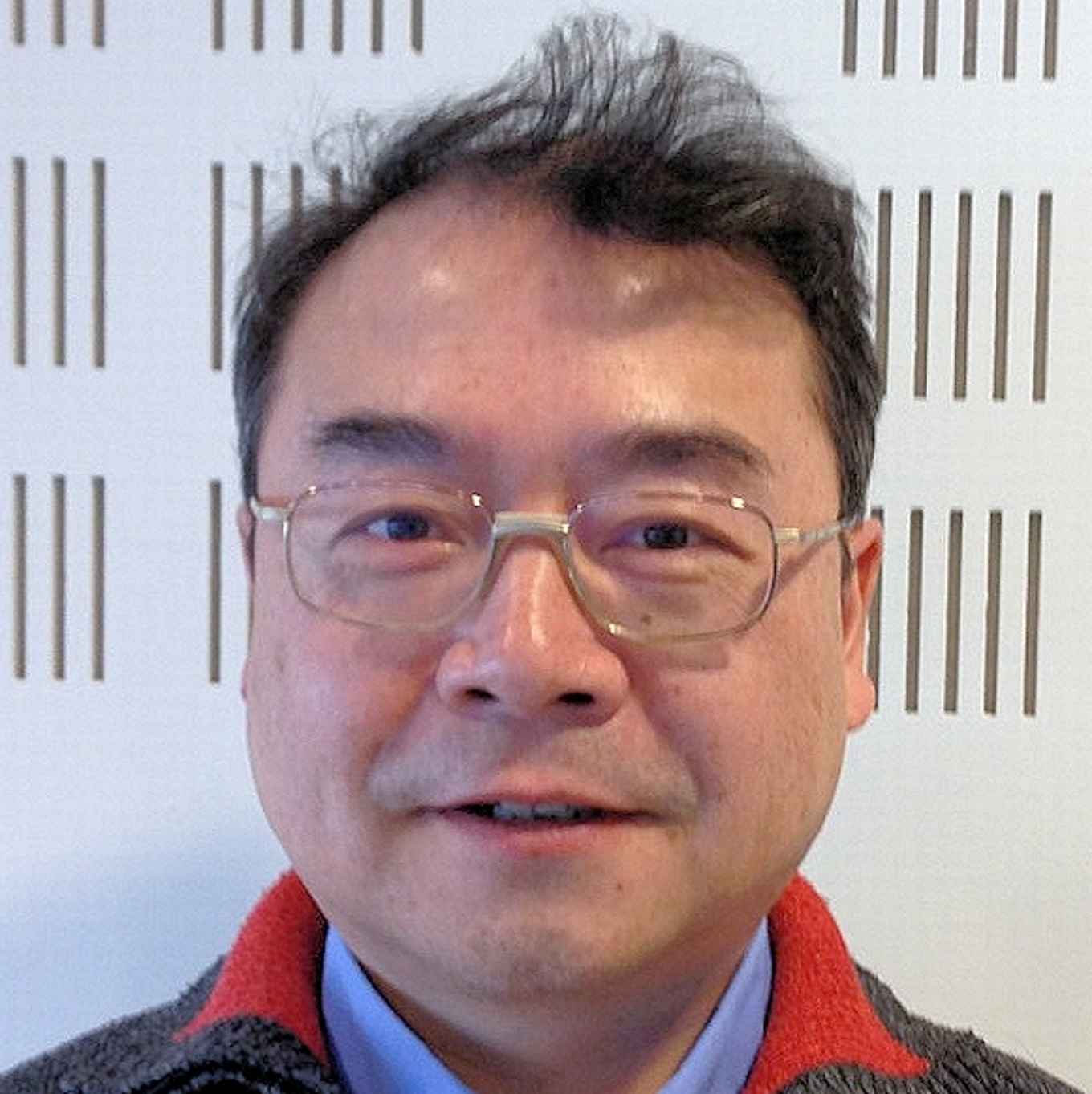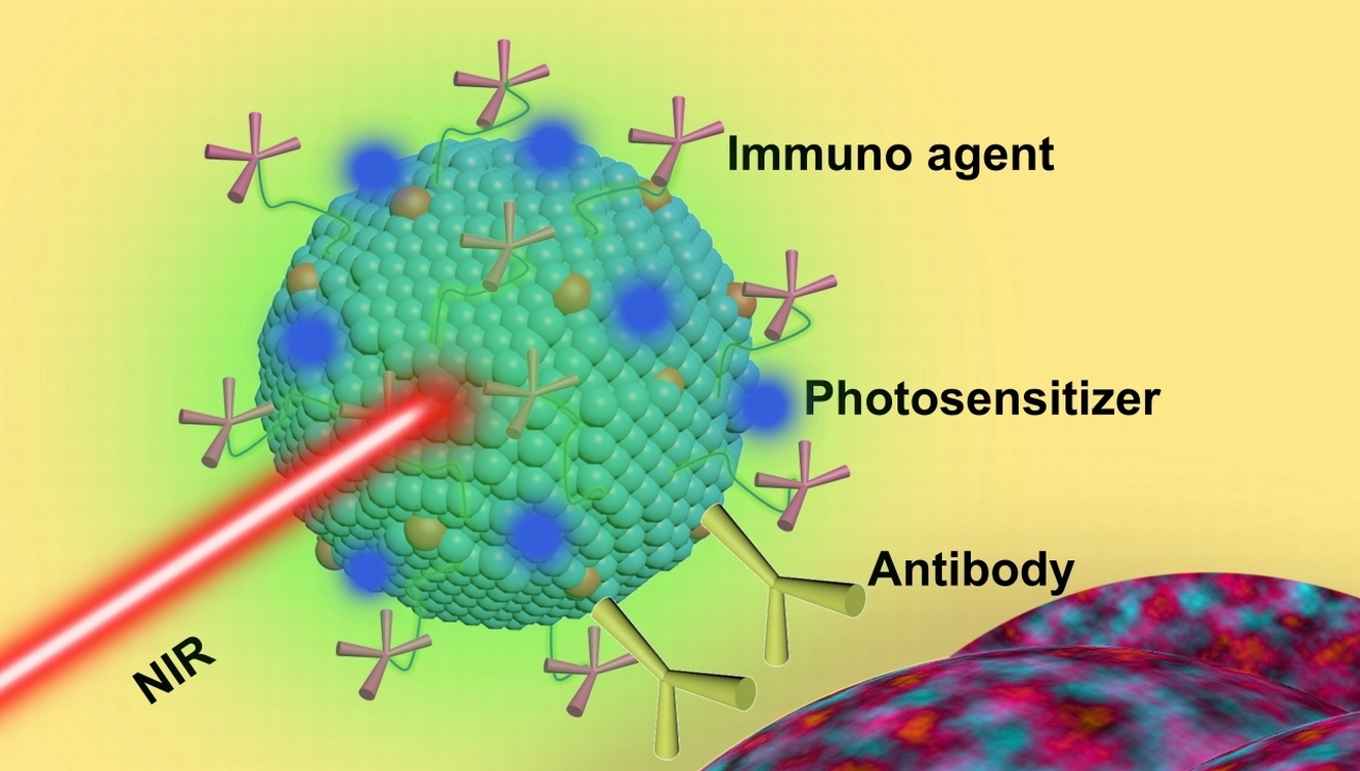European grant for cooperation in research on novel cancer approach
HIMS researcher Hong Zhang to develop nano-tools for personalised adjuvant immunotherapy
10 July 2017

The project consortium comprises researchers from 8 universities and medical centers, and 12 industrial partners. It aims to combine novel image-guided surgical procedures with adjuvant immunotherapy to reduce the length of the hospital stay for cancer patients and lessen the risk for complications.Hong Zhang's contribution lies in the personalised adjuvant immunotherapy that will give an overall survival benefit across all different stages of cancer. In particular he will develop a library of biomaterial-based encapsulated immunotherapeutic biomolecules anchored on nanoparticles of special properties, to be used for adjuvant immunotherapy that will optimally recruit the host's own immune system for eradication of distal metastases.

International collaboration
The RISE funding, which is part of the EU's Marie Skłodowska-Curie Actions, is specifically aimed at promoting international and inter-sector collaboration through exchanges of research and innovation staff, and at the sharing of knowledge and ideas between research and market (and vice-versa). The CANCER project therefore will establish cross- and intersectoral collaboration through international secondments. It will also focus on the training of the next generation of researchers and technical experts in order to provide a critical mass to further promote research and development in the field of image guided surgery (IGS), adjuvant immunotherapy and patient recovery.
Overall survival benefit
The new cancer approach comprises precision optically-guided surgery, aiming at complete resection of the tumour; state-of-art computational approaches to identify new biomarkers and gene signatures; the development of new preclinical models with immunological relevance; optical and magnetic resonance imaging (MRI) tracking of in vivo immune activity; and optimised postoperative (adjuvant) immunotherapy in which the use of biomaterial-based technology provides the required versatility to enable a personalised approach of the cancer treatment and after-therapy recovery.
If successful the new approach would lead to reduced hospital stays and less complications. The combination of precision surgery and optimised adjuvant immunotherapy will give an overall survival benefit across all different stages of cancer, which means fewer burdens upon healthcare service providers.
HIMS associate professor Hong Zhang is also professor at the Changchun Institute of Optics, Fine Mechanics and Physics of the Chinese Academy of Sciences, heading the research theme “dynamics of spatially confined systems and applications”, and holds a chair at Northeast Normal University. His research focuses on the energy migration dynamics in nanosystems and the development of (bio-)functional nanomaterials for cancer management